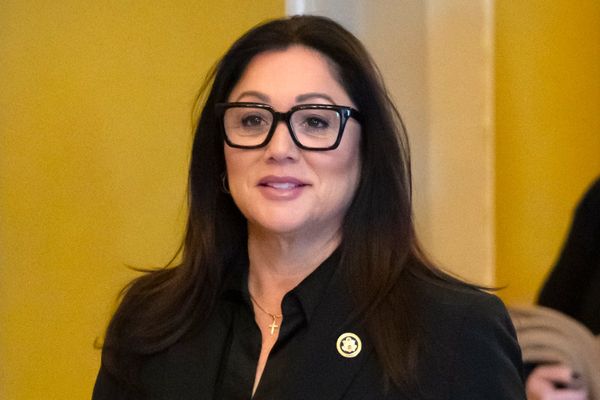
In today’s world, our lives are intrinsically linked to the digital realm. We manage finances, store precious memories, and build social connections online. Yet, when it comes to estate planning, these valuable digital assets are often an afterthought. Many people assume their loved ones can simply access their accounts with a password, but the reality is a complex legal minefield. Even experienced lawyers are often surprised by the nuances of digital estate rights, discovering critical facts only after a client has passed away, when it’s too late to fix the problem. Understanding these realities is essential for anyone who wants to protect their digital legacy.
Your Will Doesn’t Automatically Cover Digital Assets
A standard will might grant your executor authority over your “tangible personal property,” but courts often interpret this as not including digital assets like emails, social media accounts, or cryptocurrency. Without explicit language granting your fiduciary specific authority to manage your digital life, they may be legally barred from accessing it. This omission can leave your executor powerless to carry out your wishes.
Service Providers’ Terms of Service Can Override Your Wishes
Every time you create an online account, you agree to a Terms of Service Agreement (TOSA). These legally binding contracts often state that your account is non-transferable and will be terminated upon your death. This means that even if your will grants your executor access, the tech company’s TOSA can legally deny it. This creates a direct conflict between your estate plan and corporate policy.
Passwords Alone Are Not a Legal Solution
Leaving behind a list of passwords seems like a simple solution, but it’s fraught with legal peril. Sharing a password may violate the TOSA, and accessing an account without authorization could breach federal laws like the Computer Fraud and Abuse Act. While practically helpful, a password list does not grant your loved ones the legal authority to manage or close accounts, leaving them in a legal gray area.
Cryptocurrency Can Be Lost Forever Without a Plan
Digital assets like Bitcoin or Ethereum are protected by complex private keys. Unlike a traditional bank account, there is no central authority to appeal to if these keys are lost. If you die without providing your fiduciary with the keys and clear instructions, your cryptocurrency assets can become permanently inaccessible—effectively erased from existence, with no recourse for your heirs.
Sentimental Digital Photos Can Be Locked Away
Decades of family photos and videos are now stored in the cloud on services like Google Photos or iCloud. If your family cannot access your account after your death, these priceless memories could be lost forever. Without a plan, a lifetime of sentimental moments could be deleted when the company eventually closes the inactive account.
Social Media Accounts Have Their Own Rules for Deceased Users
Major platforms like Facebook and Instagram have specific policies for deceased users, such as memorializing the account or allowing for its deletion. However, these options are only available if a family member can formally prove their relationship and the user’s death. The process can be cumbersome, and it doesn’t grant access to private messages or data, which can be critical for personal or legal reasons.
State and Federal Laws Are Still Evolving
The law is struggling to keep up with technology. While many states have adopted the Revised Uniform Fiduciary Access to Digital Assets Act (RUFADAA), the rules are not consistent nationwide. This evolving legal landscape makes it critical to have an estate plan that is specifically tailored to the laws of your state regarding digital estate rights.
Fiduciaries Need Specific Authority to Access Digital Property
To overcome the legal hurdles, your will, trust, or power of attorney must contain explicit provisions granting your chosen fiduciary the legal power to access, manage, and distribute your digital assets. This specific authorization is the key to ensuring they can interact with service providers on behalf of your estate without being blocked by privacy laws or corporate policies.
The Value of Digital Assets Is Often Underestimated
Many people fail to realize the tangible financial value of their digital assets. This can include domain names, popular social media accounts with monetization potential, online stores, or blogs that generate ad revenue. Without a proper plan, your heirs may not even know these assets exist, let alone how to access or transfer them, resulting in a significant financial loss for your estate.
Your Digital Legacy Requires a Tangible Plan
Protecting your digital legacy is no longer optional. It requires a proactive, detailed approach that goes beyond a simple list of passwords. By explicitly addressing digital estate rights in your legal documents, you provide your loved ones with a clear roadmap and the legal authority they need to manage your online life according to your wishes. Don’t wait until it’s too late to secure your digital footprint.
Have you included your digital assets in your estate plan? Why or why not?
Read more:
Your Online Life Exposed: 5 Ways Your Digital Footprint Can Be Used Against You
10 Tips for Creating an Estate Plan as a Single Woman
The post 9 Facts Lawyers Discover Too Late About Digital Estate Rights appeared first on Budget and the Bees.







